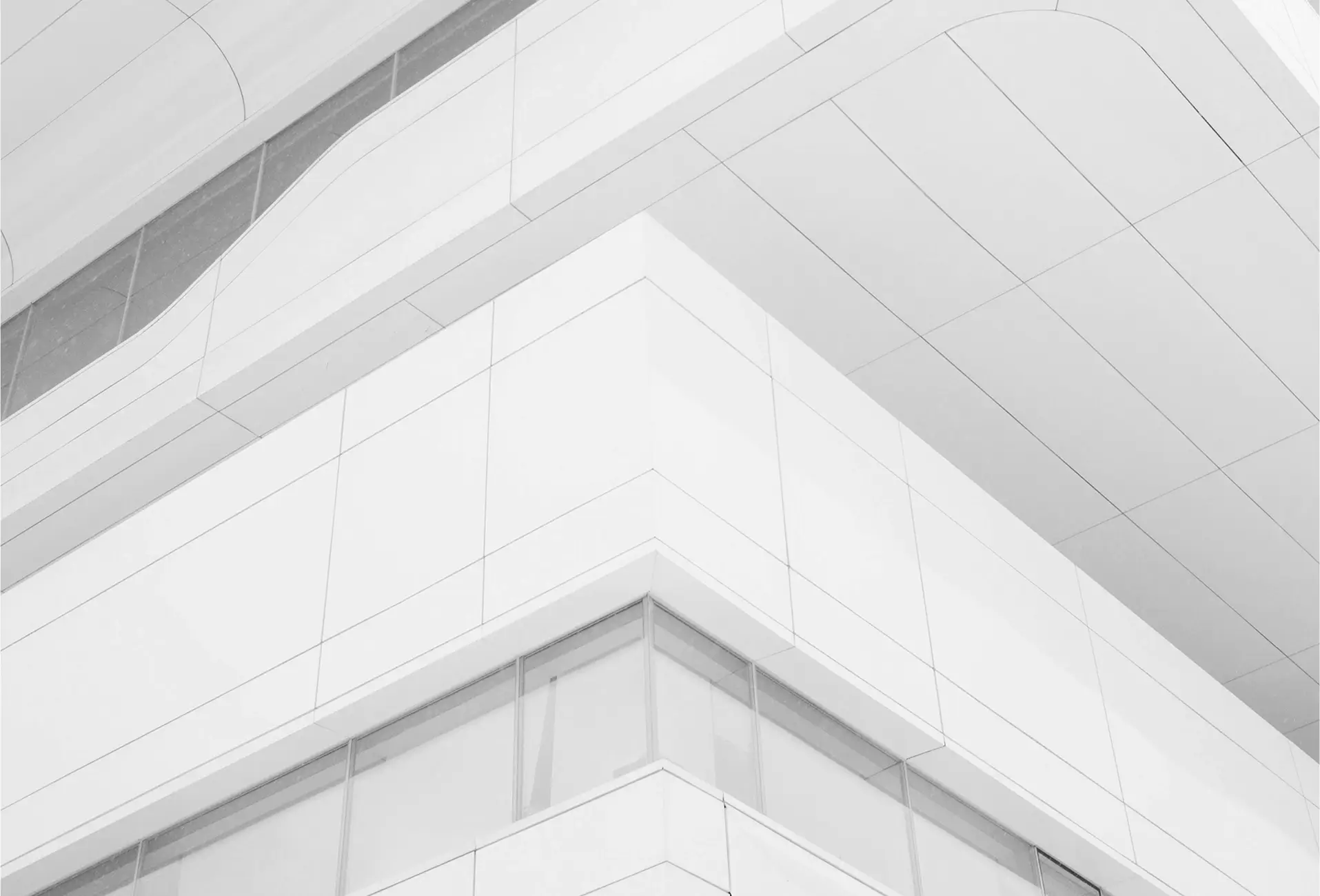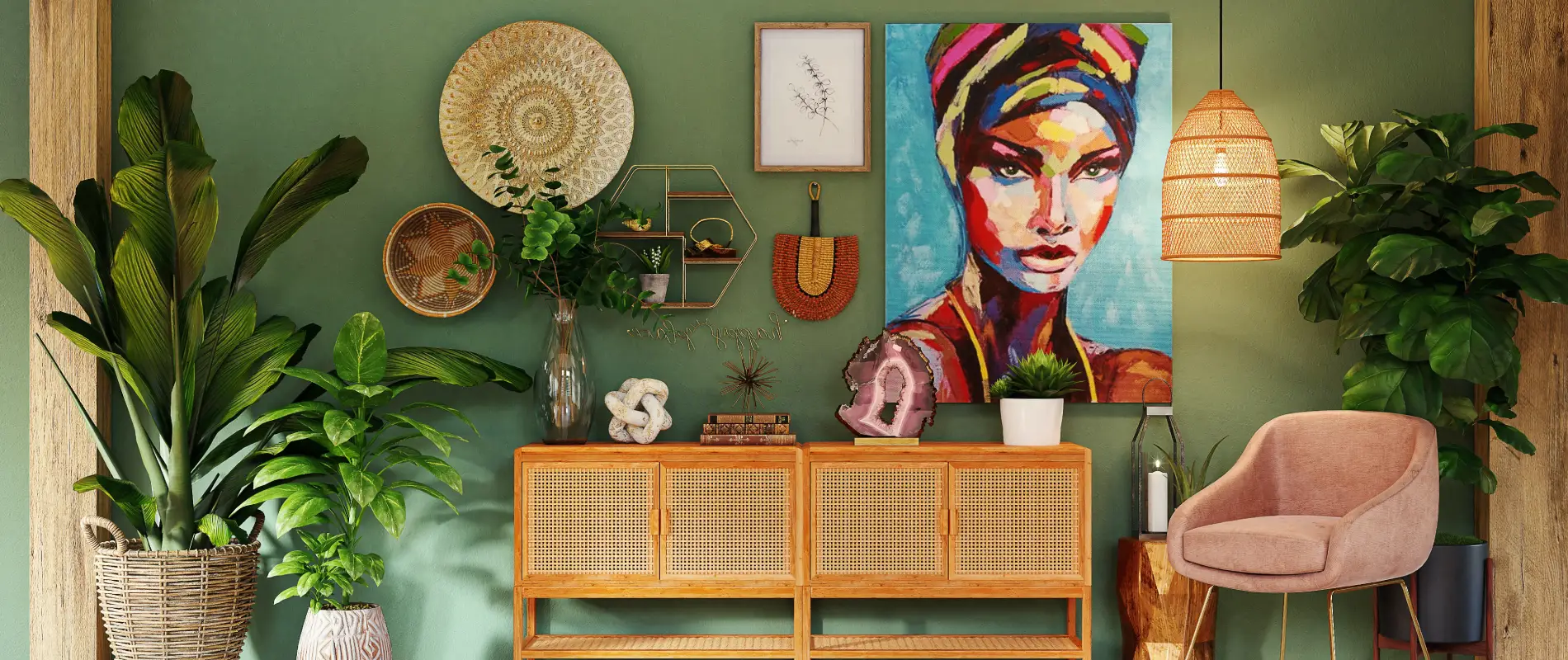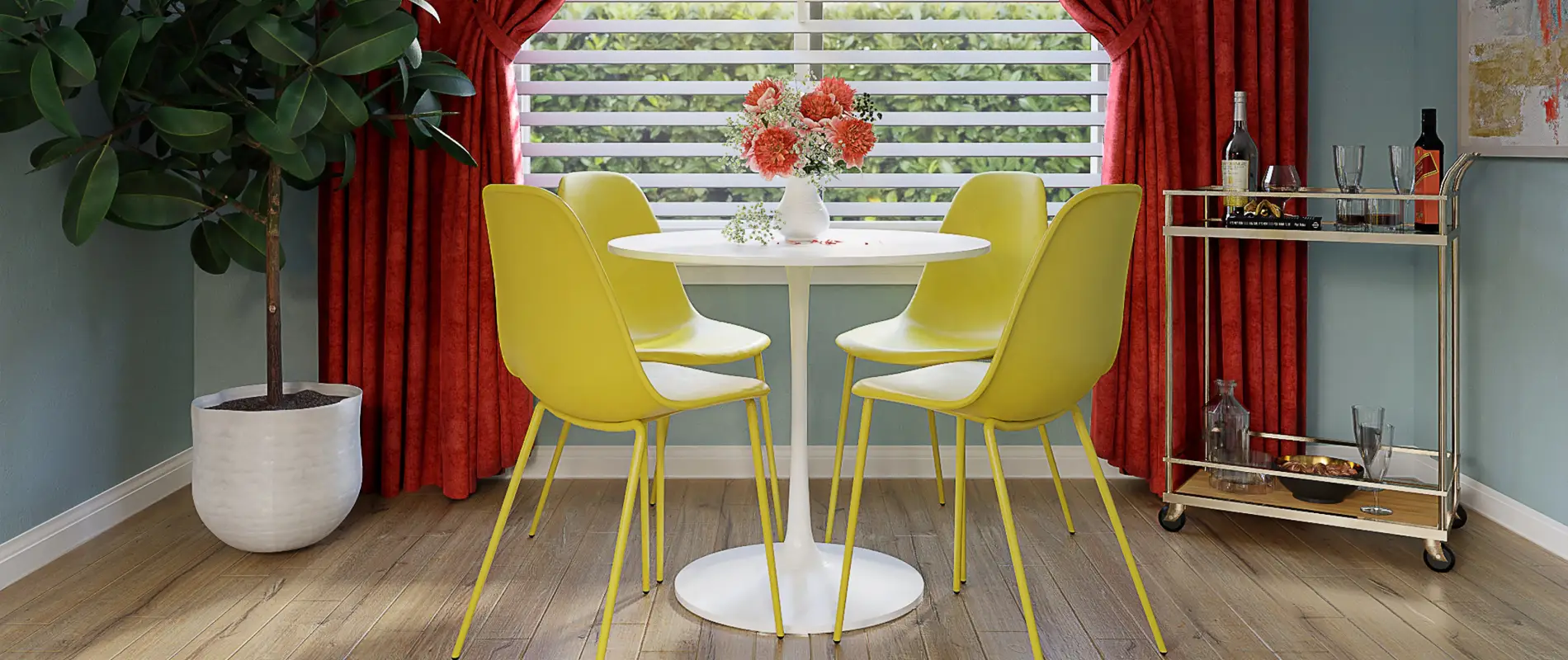Transform Your WordPress design with detailed image analysis
If you’re looking to enhance your WordPress website design, understanding the power of detailed image analysis can be a game changer. This modern approach combines striking visuals with concise text, creating an engaging experience for your visitors. The design features an asymmetrical layout with a prominent left section and a narrow right section to deliver vital information with style.
Original design overview
This WordPress design provides a modern, engaging layout that highlights the dynamics between visual elements and written content. A major feature is the asymmetrical format that captivates users by juxtaposing a large image against streamlined text.
Key features and elements
Layout analysis
- Overall structure: A multi-column format merges powerful visuals with essential text.
- Arrangement of rows and columns:
- Left section: A substantial, eye-catching image that draws viewers in.
- Right section: A tidy area for text and data, presented clearly for immediate understanding.
- Asymmetrical design: Circular and angular elements interplay for a dynamic visual character.
Element and feature breakdown
- Headers: Featuring bold, noticeable headers like “Construction you can count on” that instantly grab attention.
- Text blocks: Sub-headers and brief texts are strategically placed for optimal comprehension.
- Images: Impactful background imagery enriches the visual narrative, highlighting construction themes.
- Interactive buttons: Engaging buttons such as “Discover” that invite user interaction.
- Typography harmony: A structured text hierarchy with conspicuous headers ensures readability.
- Graphical contrast: Circular overlays contrast compellingly with the main images.
Unique design features
- Eye-catching choices: Large visuals and circular elements serve as main attraction points.
- Potential interactive effects: Imagined button hover effects could further smooth navigation.
- Responsive adaptability: The design adapts gracefully across various device screens.
- Accessibility focus: Excellent text contrast keeps readability high, paving the path for full accessibility enhancements.
Overall design style
- Modern corporate aesthetic: The clean lines exude a contemporary vibe suitable for diverse business sectors.
- Effective visual hierarchy: The layout intuitively guides the viewer, ensuring smooth information flow.
- Balanced composition: Thoughtful white space usage keeps the design uncluttered, boosting user engagement.
10 ways to organise content in WordPress
Utilise categories
Categories organise your content into broad topics, making it easier for visitors to navigate through your WordPress website. They act like the table of contents of a book, helping readers understand what to expect from your site. They’re especially useful for beginners as they plan and structure their sites.
Tagging system
Tags provide a more specific way to classify your posts, helping to build an organised, searchable site. While a category might be “Travel,” tags could be “Europe,” “Backpacking,” or “Solo Travel.” This precision assists your visitors in finding exactly what interests them.
Menu navigation
Effective navigation menus are critical in directing visitors to relevant content. Structuring menus properly will ensure users can easily explore your site. Consider adding attractive features like dropdown submenus for additional layers of organisation.
Widgets and sidebars
Widgets allow specific content to be displayed consistently in sidebars or custom areas. You can use them to show categories, tags, or recent posts, providing easy access to popular sections of your WordPress site.
Custom post types
Custom post types offer a tailored solution for managing different kinds of content-ideal if your site includes unique entries like portfolios, testimonials, or events. This option allows more flexibility in categorising and organising content beyond the default post and page configurations.
Theme options
Your WordPress theme can significantly impact how content is presented. Choose options that align with your site’s goals, using features that enhance how information is organised and displayed.
Hierarchical pages
Utilising hierarchical page structures is a fantastic way to organise related content. With parent and child pages, you create a logical, easy-to-navigate sequence, especially useful for resource-heavy sites.
Content blocks
The WordPress block editor, Gutenberg, allows for advanced page layout and style customisation through block templates. Using blocks creatively can help you design pages that are not only aesthetically pleasing but also structured logically.
Internal linking
Internal linking not only helps visitors to navigate your site more naturally but also improves SEO by showing the relation between different content pieces. Clever links can guide users to deeper content, improving their overall experience.
Footers and headers
Don’t overlook the organisational role of footers and headers. These areas can include vital links and guides to your site’s most important content. Thoughtful use of these components ensures a seamless user journey.
10 different types of content in WordPress
Blog posts
Blog posts are the heart of many WordPress websites, offering a platform for consistent content creation. They are ideal for sharing knowledge, opinions, and up-to-date information with your audience.
Static pages
Pages are typically used for content that doesn’t change often, such as “About Us” or “Contact” pages. They serve as the foundational pieces of your WordPress website.
Portfolios
Portfolios showcase creative work. Whether you’re a photographer, designer, or artist, this WordPress feature offers a professional way to display your projects or services attractively.
e-Commerce products
If you run an online store, you’ll use WooCommerce or similar plugins to present your products. Detailed product pages, complete with images and descriptions, are essential for e-commerce functionality.
Testimonials
Testimonials offer social proof to potential customers and clients. Displaying positive feedback prominently can motivate new visitors to use your products or services.
Events
Event pages keep your audience informed about upcoming occasions, whether physical or online. Details and schedules help manage expectations and interest before the event.
Audio and podcasts
Audio posts are perfect if your WordPress website offers musical content or podcasts. Embedding players directly on your site ensures easy access for users.
Video content
Adding video content keeps your site engaging. Whether you’re embedding from platforms like YouTube or hosting directly, videos engage users effectively and offer dynamic content delivery.
FAQ sections
FAQs help your audience find answers to common questions quickly and contribute to a positive user experience, reducing repetitive query handling from your support team.
Case studies
A case study is a detailed analysis of a project that demonstrates your expertise and methods. It’s persuasive content that helps build credibility and trust with potential clients and partners.
Conclusion
Incorporating a dynamic, modern design into your WordPress website design transforms content delivery, captivating audiences with visual and textual harmony. By understanding elements like image analysis, you’re better positioned to choose between popular Elementor Alternatives and WordPress website builder options. This level of engagement ensures your information is not only noticed but remembered, seamlessly presented across devices. Consider exploring free WordPress themes or advanced themes for a fresh aesthetic. Do not forget to check guidelines for readability and accessibility for maximum reach and impact.




